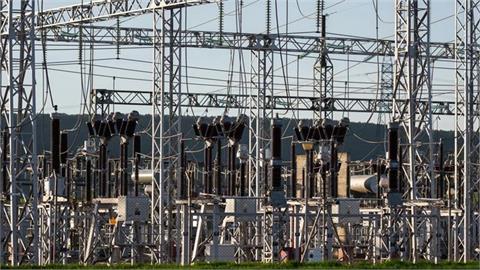Onshore wind power looks set to become the most economical source of electricity by 2050, with grid-scale solar power contributing with its increased competitiveness, according to BP's Technology Outlook 2018 report published on Thursday.
The report considers the potential impact of advances in technology throughout the global energy system to 2050, without predicting policy. It explores five areas where BP believes technology can play a game-changing role: energy efficiency; digital; renewable power; energy storage; and decarbonized gas.
The report argued that technology advances alone cannot deliver the carbon reductions needed under the Paris Agreement, adding that further action is required, particularly policy measures such as putting a price on carbon emissions, as well as consumers making lower-carbon choices.
Improvements in energy efficiency have the potential to save around 40 percent of current primary energy use, the report said, although many of the improvements require significant investment
The report suggests that areas, where savings can be made, include increasing vehicle efficiency and improving building design.
- Digital technology is key
BP's report also stated that digital technology, including sensors, big data and artificial intelligence, is the "most significant source of system-wide efficiency improvement."
The report predicts that the way goods and people are transported will continue to change significantly, led by, but not limited to, electrification of lighter duty applications as batteries improve.
"Liquefied natural gas is projected to become a competitive fuel for heavy-duty trucks and some ships, and bio-jet remains one of the only viable solutions to reduce emissions in aviation," the report noted.
Technology can reduce average lifecycle costs for oil and gas production by around 30 percent over the long term, but around $0.6 trillion in investment a year in upstream oil and gas is still needed to meet projected demand, BP argued.
(Anadolu Agency)


